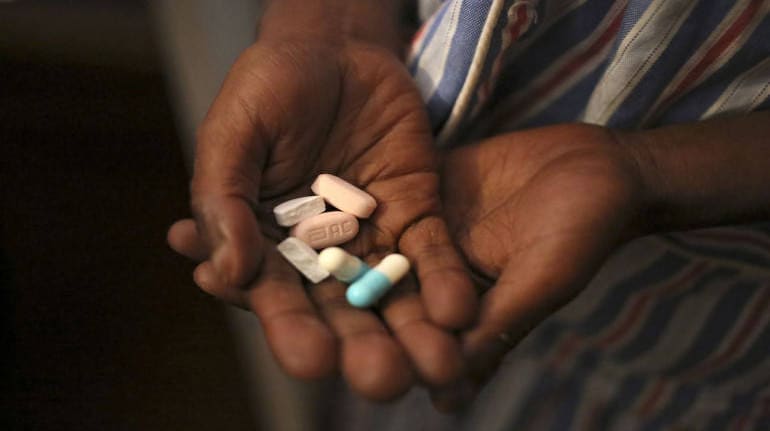



It was to be one of the biggest changes that India’s doctors had seen, and their patients could have experienced. A proposed change in the law took just three weeks to be reversed, bringing things back to the status quo. The National Medical Commission (NMC) on August 24 put on hold the proposed regulation that made it mandatory for doctors to prescribe generic drugs to patients. It had also sought to bar doctors from endorsing any pharma brands. The changes in rules had been announced on August 2.
There had been widespread opposition from the Indian Medical Association (IMA), and the Indian Pharmaceutical Alliance (IPA) to the provisions of the National Medical Commission Registered Medical Practitioner (Professional Conduct) Regulations, 2023. The proposed changes had put IMA, the largest body of doctors in the country and IPA, an association of pharmaceutical companies, on a collision course with NMC, the regulatory body for medical education and practice.
Excessive regulation
The provisions of the proposed changes appeared to be a case of excessive policing for the doctors and the pharmaceutical industry. For instance, asking doctors to prescribe only generic/pharmacological names of medicines did not factor in the uncertainty about the quality of generic medicines available in India. The blanket ban on the involvement of doctors in educational activities like seminars or workshops, was not in tune with reality.
Participation in conferences and seminars is seen as drawing sponsorship from pharmaceutical companies and is perceived as influencing the doctors. These sponsored conferences help doctors cross ideate, and improve diagnostic and other skills, which augurs well for patients. Every doctor wants to treat patients with results showing up for them as soon as possible. A wide section of doctors believe that generic drugs are not efficient enough to cure symptoms early enough.
With no specific brand of medicines mentioned, patients could be handed over whichever medicine is available with the active ingredient available with the pharmacist. Since the new guidelines did not allow a doctor to prescribe a specific drug, the treatment efficacy could be impacted too.
According to IMA, less than 0.1 percent of drugs manufactured in India are evaluated for quality. Doctors claimed that prescribing generic drugs without ensuring their quality and safety could compromise patient care and outcomes, and expose them to legal and ethical risks. The World Health Organisation defines generic medicines as those “produced without a licence from the innovator company when the patent or other market exclusivity rights on the innovator product has expired.”
Booming market
The global generics drugs industry reached $343.6 billion in revenues in 2022, according to IMARC Impactful Insights. By 2028, the revenue is expected to hit $460 billion. India is one of the largest manufacturers of generic medicines in the world, with three of its companies listed among the top 10 producers in the world. India exported generics worth $22 billion during the fiscal year ending March 2022, according to Statista.
The issue of improving the quality of medicines has been raised over the years. More testing labs, regular inspection and quality control, creation of a database for drug quality, and imposing penalties on defaulters could add to the effort of the industry to enhance the quality of medicines. Medical institutions and professional bodies could also be encouraged to organise continuous professional development sessions for the wider community. In the era of digital communication, creating a community for an open conversation, with the patients at the heart of the change, could bring about a change for the better for the entire ecosystem.
Anoj Menon is Partner, Desai & Diwanji. Views are personal, and do not represent the stand of this publication.
Discover the latest Business News, Sensex, and Nifty updates. Obtain Personal Finance insights, tax queries, and expert opinions on Moneycontrol or download the Moneycontrol App to stay updated!
Find the best of Al News in one place, specially curated for you every weekend.
Stay on top of the latest tech trends and biggest startup news.